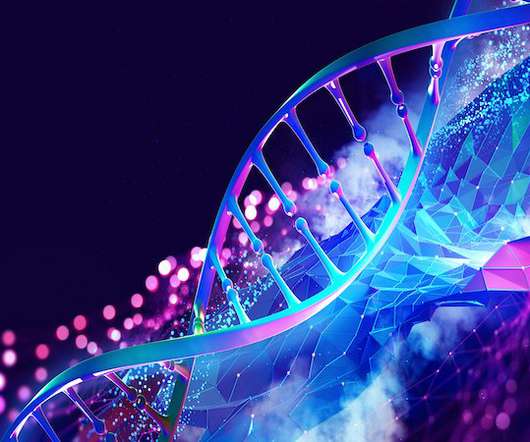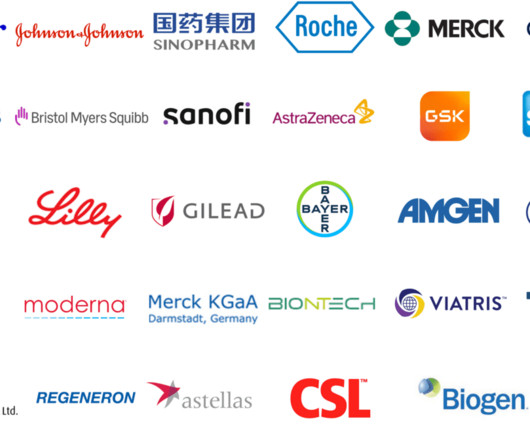Big data – charting a new path to drug discovery and development
Drug Discovery World
JULY 11, 2023
Drug discovery and development timelines can span 10-15 years or more from initial discovery to market approval and typically require the analysis of massive amounts of data. One system that has been especially useful in generating relevant and accurate biological data is the patient- derived xenograft (PDX) model for cancer studies.













Let's personalize your content